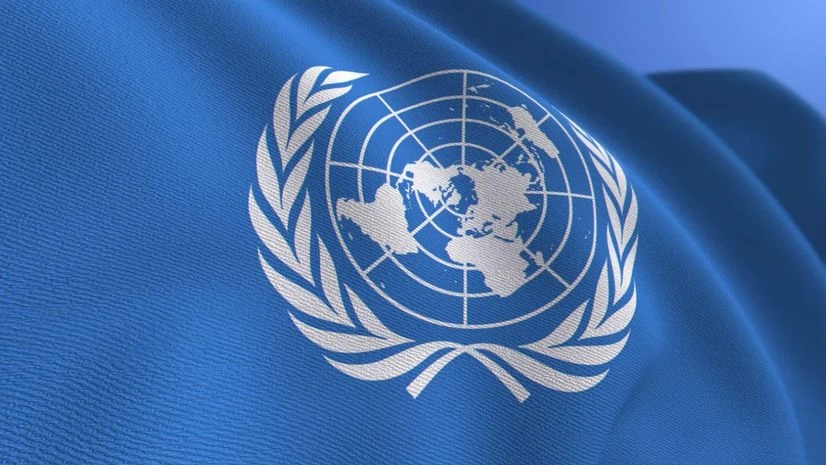The United Nations climate talks neared the end of their first week on Saturday with negotiators still at work on how much wealthier nations will pay for developing countries to adapt to planetary warming.
Meanwhile, activists planned actions on what is traditionally their biggest protest day during the two-week talks.
The demonstration in Baku, Azerbaijan is expected to be echoed at sites around the world in a global day of action for climate justice that's become an annual event.
Negotiators at COP29, as the talks are known, will return to a hoped-for deal that might be worth hundreds of billions of dollars to poorer nations. Many are in the Global South and already suffering the costly impacts of weather disasters fuelled by climate change.
Several experts have said USD 1 trillion a year or more is needed both to compensate for such damages and to pay for a clean-energy transition that most countries can't afford on their own.
The talks came in for criticism on several fronts Friday. Two former top UN officials signed a letter that suggested the process needs to shift from negotiation to implementation.
More From This Section
And others, including former US Vice President Al Gore, criticised the looming presence of the fossil fuel industry and fossil-fuel-reliant nations in the talks. One analysis found at least 1,770 people with fossil fuel ties on the attendees list for the Baku talks.
The conference's chief negotiator, Yalchin Rafiyev, acknowledged that talks for a deal were proceeding too slowly, but pushed back on the criticism.
The process has already delivered, the COP process so far, by reducing projected warming, delivering finance to those in need, Rafiev said. It's better than any alternative.
Progress may get a boost as many nations' ministers, whose approval is necessary for whatever negotiators do, arrive in the second week.
(Only the headline and picture of this report may have been reworked by the Business Standard staff; the rest of the content is auto-generated from a syndicated feed.)

)